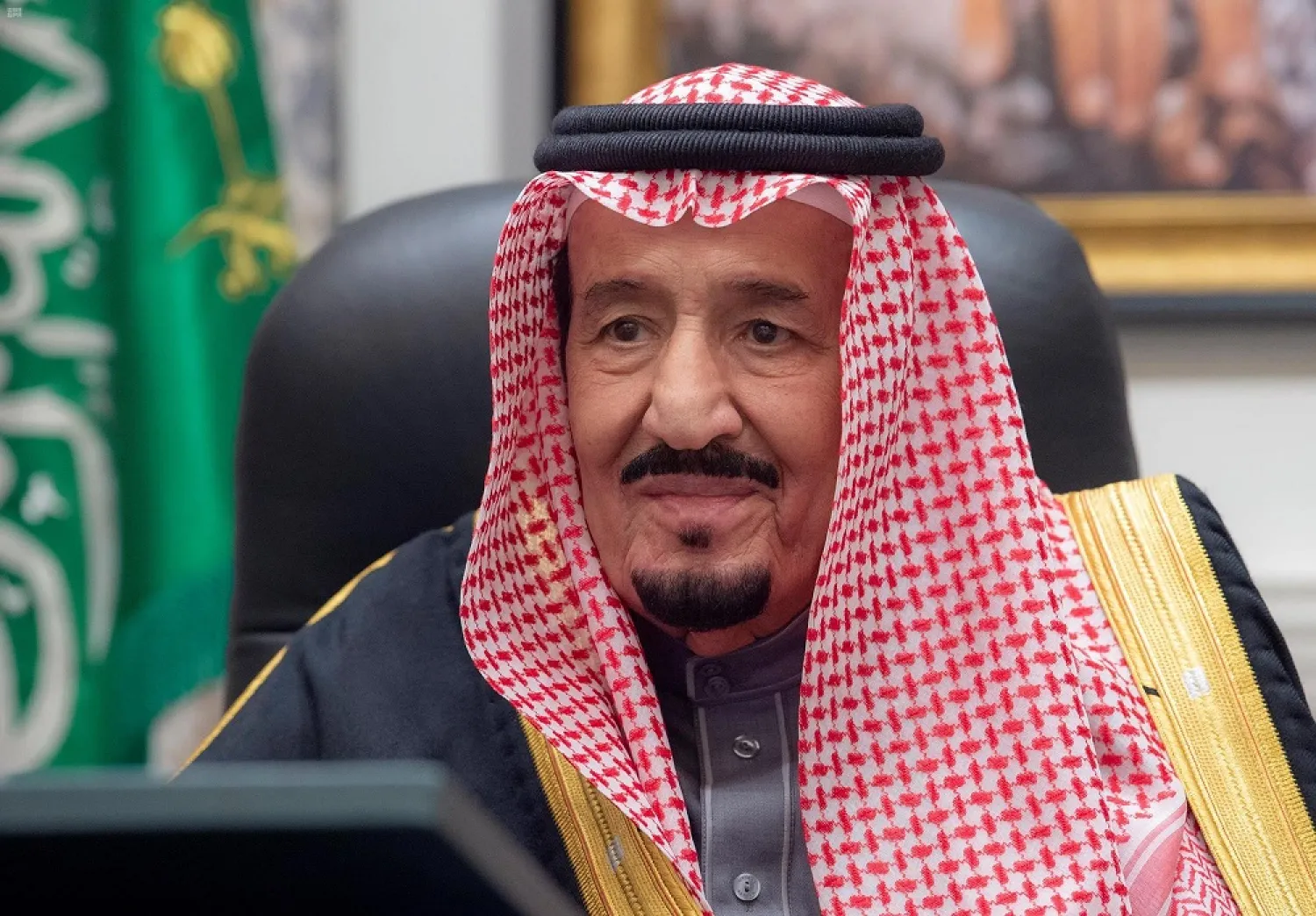Saudis will celebrate on Monday the seventh anniversary of Custodian of the Two Holy Mosques King Salman bin Abdulaziz’s ascension to the throne.
His ascension as the seventh king of Saudi Arabia has paved the way for a new chapter in the country.
King Salman has borne witness to several critical developments that have shaped the country and led to its prosperity. He had served as Governor of the Riyadh region for over five decades. He was named its governor in 1955 when he was only in his 20s and has since watched the country grow and develop.
Now, he is the leader of the Kingdom and is overseeing its new renaissance on all political, economic, social, development and organizational levels.
As Saudis celebrate the anniversary of his ascension and their pledging of allegiance to him, the Kingdom is tirelessly making strides in development and prosperity in various fields in line with its Vision 2030.
Political vitality
The Kingdom’s strategic location and political weight mean that it will continue to play a vital political role in regional and internal arenas.
The AlUla Declaration, signed in January, has paved the way for a new political chapter, led by Saudi Arabia, in the Gulf region. The declaration mended the Gulf rift and set sights on new challenges in a sign of awareness of the changes taking place in the region. Such challenges demand a brave approach and the AlUla Declaration underscored the importance of Gulf unity and cooperation against threats and foreign meddling.
In recent months, Riyadh and the promising Neom city have become meeting points for senior international diplomats and politicians. Saudi Arabia is a constant fixture for several world leaders where they meet with local officials to discuss bilateral and international affairs. Saudi Arabia’s significant diplomacy has led to Dr. Noura bint Mazyad Al-Amr winning a seat in the Advisory Committee of the Human Rights Council.
Five years of Vision 2030
April 2021 marked five years since the announcement of Vision 2030 that outlines Saudi Arabia’s future. Its fifth year witnessed the unveiling of several promising and ambitious projects, including The Line smart city in Neom and the Human Capability Development Program, that reflect a firm commitment in achieving the Vision and its strategic goals.
Moreover, the Kingdom has continued its open battle against corruption. The National Anti-Corruption Commission (Nazaha) has consistently issued monthly statements detailing efforts of its fight against corruption in various public sectors.
Covid-19 challenge
Throughout 2021, Saudi Arabia has continued to confront the coronavirus pandemic. Its early efforts in combating the disease have helped limit it spread and reduce the number of fatalities. These precautions have allowed life to return to normal in the Kingdom.
The organized vaccination campaign was another factor in allowing life to return to normal. The shots have been given to all citizens and residents in the Kingdom, which has achieved a 70 percent vaccination rate.
The reopening of the Kingdom has allowed it to organize the Riyadh International Book Fair, which was postponed last year due to the pandemic. Over a thousand Arabic and international publishing houses took part in the event that was attended by nearly a million visitors.









